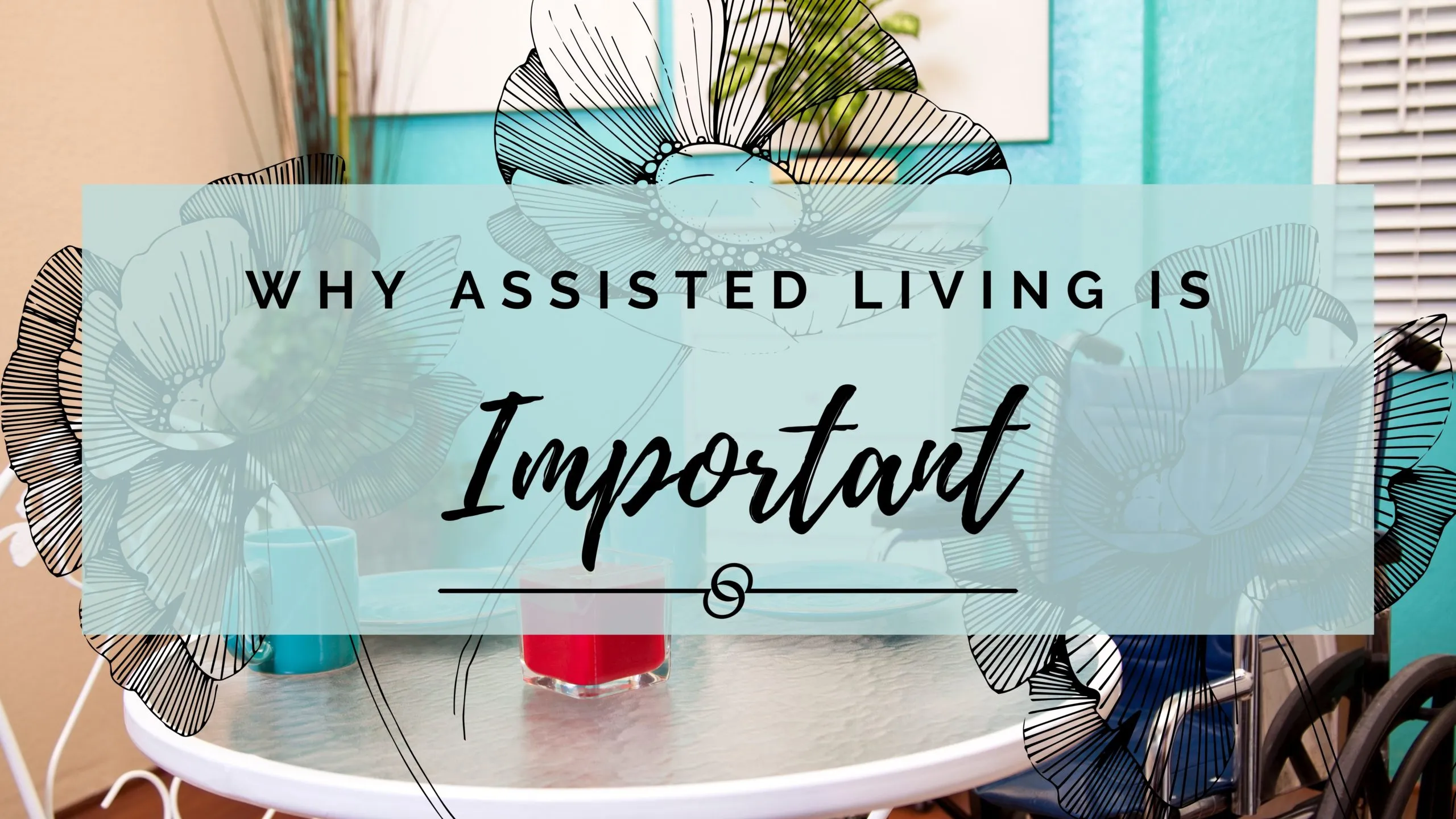
Happy Independence Day!
July 4, 2021
Why Assisted Living is Important
August 29, 2021
It’s hard to ask for help. Sometimes this resistance to asking for help can lead to more struggles. When it comes to our loved ones, we see the struggle and want to help. However, our desire to help can end up pushing our loved ones away. So, what do we do? We learn vital communication skills that can help us to express love and concern without driving a wedge between us and our loved one in need.
1. Treat Your Parents Like Adults
There is nothing more frustrating as an adult than not being treated and respected as an adult. Think back to that boss that made you feel inferior, or that professor that talked to you like you were a baby. No one likes that. It’s important to recognize that your elderly loved ones are still adults and deserve the dignity of being spoken to like an adult. When you bring up concerns, ensure that they are actively involved in the discussion and are spoken to with respect. Never humiliate for the struggles they are having and ensure that they have a say in their treatment.
2. Help Them Accept the Situation
One of the biggest causes of contention is power. Who has power over who or what? Your loved ones may be feeling out of control and their motivations for refusing help may stem from that. It’s important to feel and express empathy for their situation, but also stay realistic. Ensure that they understand what they can control in the situation. Help them see that they have control of which home they go to (if a home is needed), or what nurse they work with. Bring them with you on tours to facilities so that they can feel comfortable and confident in their decisions.
3. Not Every Argument is Worth It
You may feel frustrated and anxious. There may be concerns about if they will be safe and who is around to help them if they do get hurt. These are valid concerns. Something to remember is they had the same concern for you when you were younger and they also had to learn to respect your decisions. If a loved one is not at extreme risk, starting slow with in-home counseling may be a good first step. Remember to find an outlet for your own emotions and fears that isn’t your loved one. Ensure that you still have time for hobbies and aren’t constantly distracted by your concerns.
4. Express Your Concerns
After you have privately gotten out your frustrations, don’t be afraid to go back and speak with your loved one about your concerns. Be open, honest, and sincere. Avoid metaphorical speaking and exaggeration. Stick to facts about the situation (or situations) that has brought on your concern and why it is concerning. Make sure it’s a private conversation that doesn’t embarrass your loved one.
5. Listen to Them
Lastly, and probably the most important communication tool is to listen. There is nothing more frustrating than having someone discuss your future without your input. Listen to their concerns, their motivations, their fears, and their hopes. Ask them questions and then listen. Help them walk through their thought processes until they can come to their own conclusion about their health. Listening is a powerful tool and it shows them that you care.

While we can’t force anyone to do what we think is best, we can encourage and we can listen. We can come to a conclusion together about what type of help is needed and how to go about getting that help. No one wants to feel alone so help them to feel like you are on their side because when it comes to your loved ones’ health, you are on the same side.





